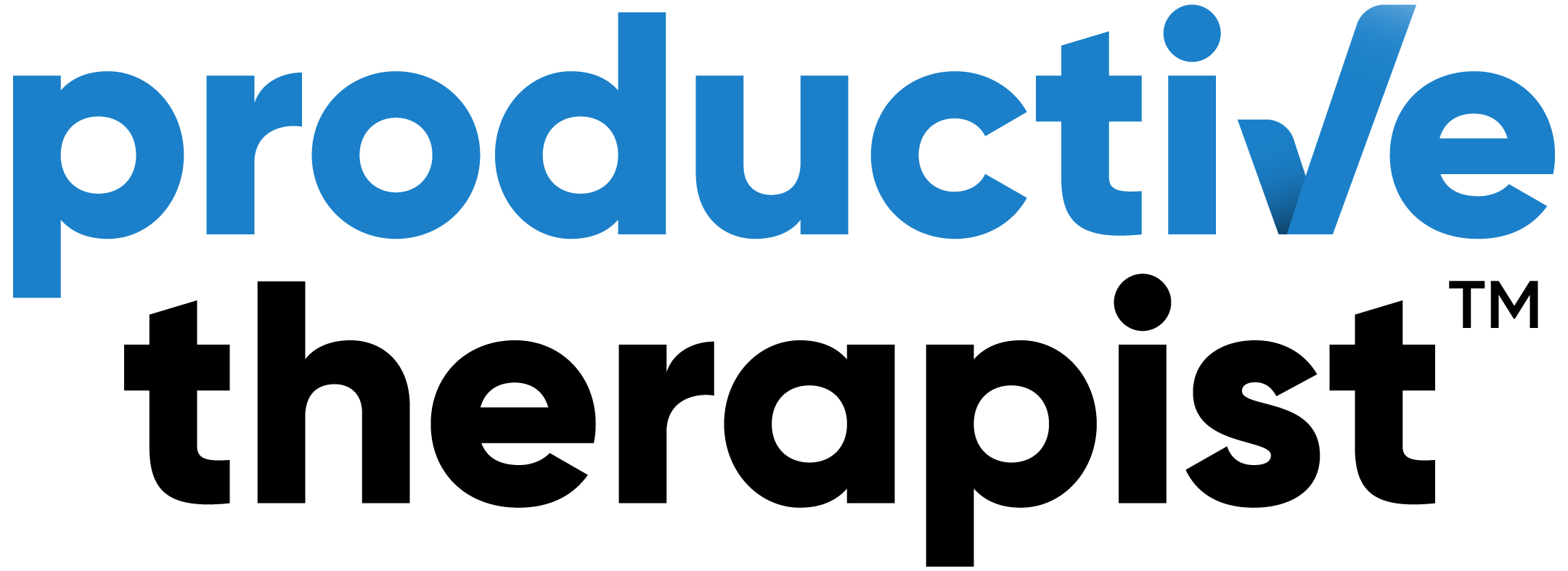You may have heard of an accountability partner, but how can having one benefit you?
And if you already have an accountability partner, how can you get the most out of working with them?
In This Episode, You'll Learn:
- 4 tips for using an accountability partner
- How to reach your goals faster
- How to empower your accountability partner
- How to get the most from your meetings
- A great resource for getting support to reach your big goals
Resources Mentioned In This Episode:
Focus Club
Hi there! Thanks so much for joining me on the podcast today. I'm so glad you're here, and we get to spend a few minutes together for this solo episode.
So I wanted to talk to you just a little bit about four tips to success when it comes to accountability partners. And for me and my business journey - and personally - accountability has been one of the best things that I've invested in that has helped me succeed, whether that means changing my habits, reaching my goals, and just generally accomplishing what I want to accomplish with my life.
So I'm talking about accountability partnership in the context of having somebody - or a group - to help you stay on track, to really make sure that you reach your big goals and dreams and you don't get distracted, sidetracked, and you focus on the right things. Because in addition to accountability, what's worked for me over time is consistent effort in the same direction. And accountability just helps with that.
It's a human thing. Some of us need it more than others to accomplish our goals. So you might fall on that spectrum somewhere. From on the left side, 'I really can't get much done if I don't have accountability'; to the right side where you get most things done without accountability, but it can still be helpful to have other people along with you on your journey.
So here are the tips. Number one, set expectations. Number two, create a meeting plan. Number three, set specific goals. And number four celebrate your wins.
These are all fairly simple, but I can guarantee you that if you follow these steps, you will make so much more progress than you would otherwise.
So the first one is this: Set expectations. Your accountability partner should be somebody that can push you and hold you accountable - obviously! - someone that can really be honest with you and motivate you to do what you know you need to do and to follow through on the things that you've said you're going to follow through on. So part of that is really, obviously, finding the right person or group, but it's important to give that person permission to push you.
That's number one. Number two is communicating with them clearly on how you best respond to feedback. How do you want to be encouraged? And even how do you want to be challenged? Because in my mind, one of the best things about the accountability partners that I've had over the years are these are people that I get to know and they have the ability to stop me and give me some hard truth when it's necessary. And that is invaluable because you need people in your life, personally and professionally to tell you when you are getting it wrong or you're selling yourself short on what your potential really is.
Setting expectations - always super helpful and important in the beginning.
Number two: Create a meeting plan. This I can't understate how important this is because two people with the best of intentions to keep each other accountable will fall short if they don't have a meeting plan and stick to it. So you have to decide how often are you going to meet: is it once a week, every other week or monthly? It depends on what your goals are and what you're trying to accomplish, but sometimes in the beginning, more often is really, really helpful.
I mean, if you think about therapy, most of us wouldn't recommend that a client comes in less than once a week, not a bad place to start. And then once things are doing better, there's been progress, then you can kind of decrease the frequency. But you do want to choose something that's reasonable and sustainable.
You want to be able to stick to it and then decide how long your meetings are going to be. Are they a short check in meeting at the beginning of the week for 20 or 30 minutes to set your intentions?
Or is it a less frequent but longer meeting, maybe 90 minutes every other week, where you dig in and really get some work done and talk about what you're doing?
And then along with that, make sure you put those days and times on your calendar and commit to that as if it was any other important meeting or appointment or client session that you wouldn't want to miss.
Lastly, under number two, What will you cover in your checkins? This is not totally necessary, but it's not a bad idea to decide on some sort of simple structure that has a set of questions or topics to cover, maybe things that you always touch on each and every time, and that can be useful.
Especially for some folks it's, you know, it can be tempting, especially if you like your accountability partner - hopefully you do - to just kind of get together and end up spending 15 or 20 minutes chatting about, you know, whatever Netflix TV show you're watching or something like that, and that's great, but it's not the intention of this.
I'm going to stop here for a moment and tell you a little bit about Focus Club. This is a new accountability program that we created to really help you get things done to reach your big goals and dreams faster and to have some fun in the process. So if you feel like you would like some help with reaching your goals and getting some accountability, I would love for you to check it out, go to ProductiveTherapist.com/Focus and we are accepting founding members just now in the month of October.
Okay, tip number three: Set specific goals. Write down specific goals that you want to accomplish. Pretty straightforward, right? There's power in writing down your goals and even more power in sharing them with somebody. Give yourself deadlines and then share those with your accountability partner.
There's so much that I could share about setting and achieving goals - and I've talked about that in other podcasts, another blogposts - but you want to make sure you break them down into tangible action steps or milestones so that you and your accountability partner know exactly what success looks like.
This is a question I often ask my coaching clients when we're talking about something that they want to accomplish, something that they're working on, or they're anticipating working on: it's simply, What is your next step? And let's make that as concrete and specific as possible so you know, without a shadow of a doubt, have you met the goal? Did you do the thing that you said you're going to do.
So that's number three: Set specific goals.
Number four is: Celebrate your wins. This is super important because we all need the encouragement of having success and then having others acknowledge what we've accomplished. So whatever that looks like, you need to regularly celebrate your wins, the big ones, and maybe even more importantly, the small ones. And remember to also cheer your partner on as they make progress.
Sometimes it's small steps, but at the end of the day, it's the small steps that lead up to the big wins. So there you go - four tips for success with accountability partners: number one, set expectations; number two, create a meeting plan; and number three, set specific goals. Don't forget number four, celebrate your wins.
And like I said before, if you need help with accountability and you want some support reaching your goals, check out Focus Club - ProductiveTherapist.com/Focus.
Talk to you soon!
Subscribe & Review in Apple Podcasts
If you're not already subscribed to the Productive Therapist Podcast, now's your chance to join the hundreds of other therapists who tune in each week. You'll get weekly encouragement, support, tips and suggestions for growing your practice and reaching your goals.
The world needs you to be the best, most productive therapist you can be. And you owe it to yourself to reach for your big dreams. The Productive Therapist Podcast is here to help you do both.
Click here to subscribe now on iTunes.

